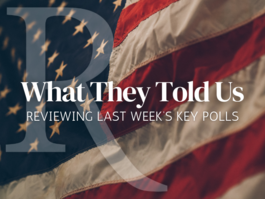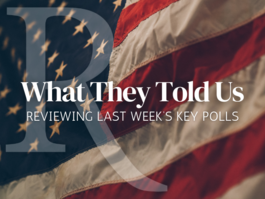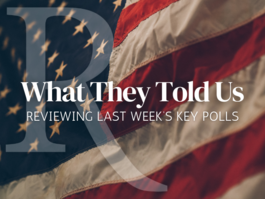Leaving Home
A Commentary By Susan Estrich
As the fires burned across Southern California this weekend, the all-news radio station I listen to kept running tape of a guy advising people about what to put in their "grab-and-go" boxes. He was from some insurance association, so -- big surprise -- his focus was on insurance documents.
I almost laughed. As one of the world's worst housekeepers and organizers, it could take me the better part of a day to remember where my insurance documents were, much less such things as the title to my house and the other stuff he was recommending people grab on their way out the door. I know where my passport is, but that's about it.
No, as I put myself in the position of the thousands of people racing out of their homes, it wasn't jewelry or cash that I imagined myself grabbing, but pictures. The one of my parents at their wedding nearly 60 years ago. The one -- the only one I have -- of my father and me just before I went off to college. The one of my daughter and son, ages 3 and 0 respectively, in their matching blue striped pajamas, laughing. And, of course, my dogs.
Fancy houses and the people who own them generally get more media attention than mobile homes or apartments and the people who live in them. But the faces of those who were devastated by the fires make clear that how much your home was worth has nothing to do with the measure of your loss. In my experience, anyway, there is often an inverse correlation: The less you have, the greater the pain in losing it.
When I was in college, I packed all the things from my childhood bedroom into a single trunk, which my father was going to keep for me until I had a home bigger and more stable than a dorm room. The trunk was lost or destroyed, by a flood or a thief; I was never sure what happened, only that it was gone forever. The dolls I saved to give to my children, the little piece of my favorite blanket, the pictures and report cards and awards -- all of it was gone.
After my father died, I moved to Washington without my trunk, all of my remaining possessions fitting neatly into my Ford Maverick. A few months after I arrived, there was a fire in my new apartment, and then a burglary while they were cleaning up from the fire, and that was that. Cleaned out again.
I have moved enough to know that houses aren't forever, that "my" house isn't really mine -- actually, it's mostly the bank's -- and certainly isn't forever. Last month, most of the homes sold in Southern California were foreclosures. Fires are not the only way we lose our homes, just the fastest and most unforgiving.
Still, while we live in them, while we fill them with our treasures and our tears, mark the wall to show our children how tall they've grown, agonize over things that seem to matter so much, like the color of the paint or the carpet or the right washer and dryer, they are the foundation of our lives, our shelter, our refuge. I drive up to my house, see my dogs at the door, breathe that sigh of relief at being home. At having one.
The fires, by Los Angeles standards, were far away from where I live. I listened to the names of the places where homes were burning -- Diamond Bar, Sylmar, Brea, Chino -- and the truth is, I've never been to any of them. I know them only as words I used to say when I read traffic reports on the radio.
But even where I live the air has been thick with smoke. I cannot see the fires, but I can smell them. They may be far away, but loss is in the air. We are surrounded by reminders that life is short and precious, that there is no such thing as security except in the moment, and that in the end the things that matter most don't fit in a grab-and-go box.
COPYRIGHT 2008 CREATORS SYNDICATE INC.
See Other Political Commentaries
See Other Commentaries by Susan Estrich
Views expressed in this column are those of the author, not those of Rasmussen Reports.
Rasmussen Reports is a media company specializing in the collection, publication and distribution of public opinion information.
We conduct public opinion polls on a variety of topics to inform our audience on events in the news and other topics of interest. To ensure editorial control and independence, we pay for the polls ourselves and generate revenue through the sale of subscriptions, sponsorships, and advertising. Nightly polling on politics, business and lifestyle topics provides the content to update the Rasmussen Reports web site many times each day. If it's in the news, it's in our polls. Additionally, the data drives a daily update newsletter and various media outlets across the country.
Some information, including the Rasmussen Reports daily Presidential Tracking Poll and commentaries are available for free to the general public. Subscriptions are available for $4.95 a month or 34.95 a year that provide subscribers with exclusive access to more than 20 stories per week on upcoming elections, consumer confidence, and issues that affect us all. For those who are really into the numbers, Platinum Members can review demographic crosstabs and a full history of our data.
To learn more about our methodology, click here.


